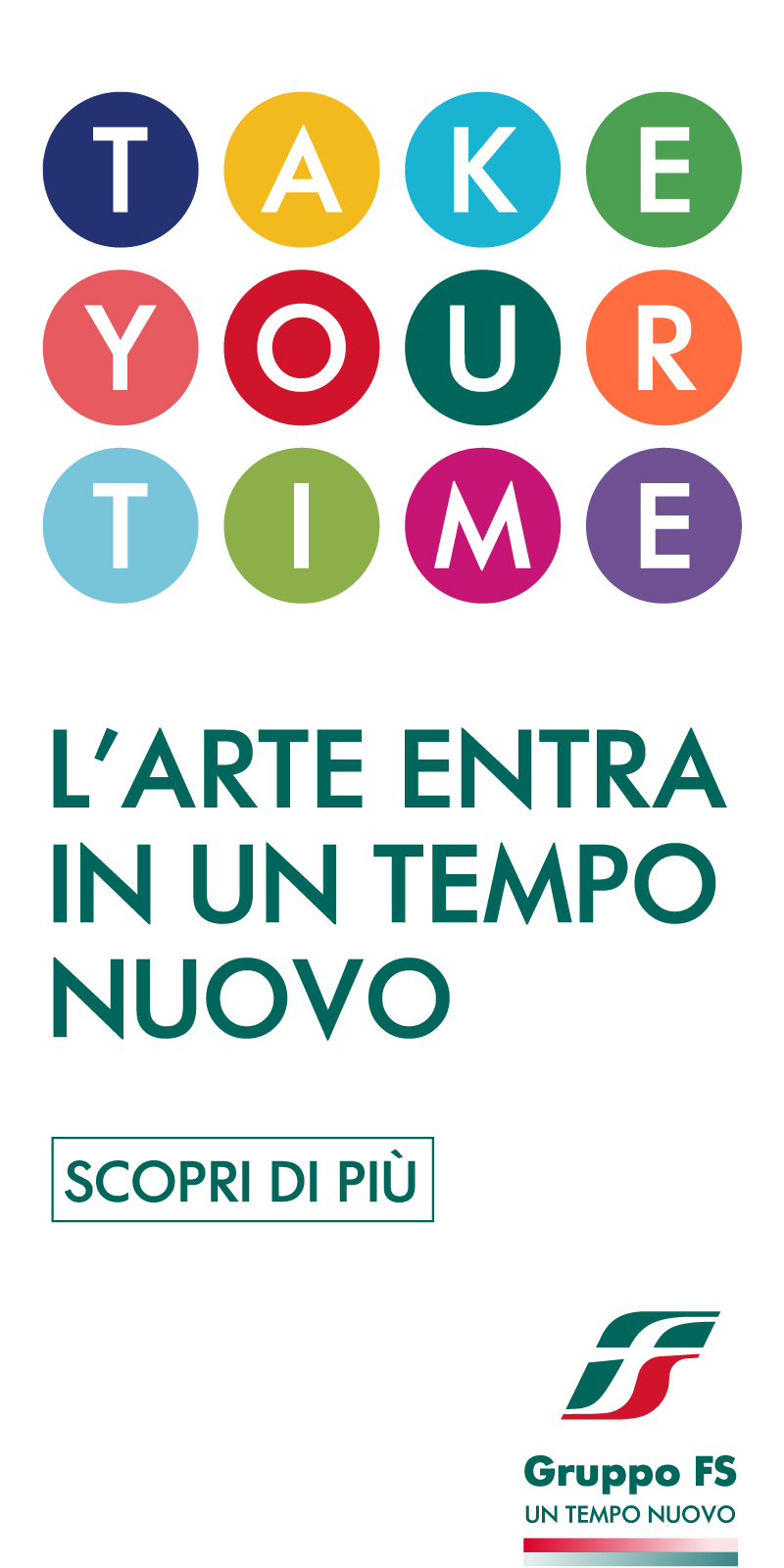Italy’s hard line on illegal immigration
20 Maggio 2009
During a press conference in Matera on May the 18th, the President of the Italian Chamber of Deputies, Gianfranco Fini, spoke about the difficult situation with immigrants in Italy and reiterated a well known concept according to which every immigrant should respect our constitution and laws.
Immigration is a hot topic on Italy’s political agenda: the biggest communities of immigrants come from Romania, Philippine, Albany and northern African countries. All these people encounter a wide variety a problems, once in this country, but the main risk they take is usually the travel itself. On Sunday, May 10th, the repatriation of almost 230 illegal Libyan immigrants who were travelling toward our country on three shabby boats was hailed as a “success” by our Home Secretary, Roberto Maroni.
“The tough line will continue in a clear way until the (illegal immigrant) landings cease”, stated the “Lega Nord” (Northern League) former Secretary, following the repatriation of the Libyans.
According to the international law, though, a immigrant should be granted the status of refugee if he can prove to be persecuted in his home town. In fact, The UN’s high commissioner for refugees, António Guterres, expressed “grave concern” at this the episode and he was backed by with UN’s Secretary General, Ban Ki Moon.
When asked about social integration of the Muslim immigrants by a student in Matera, Gianfranco Fini answered that “the Muslim sermon in a Mosque must be in Italian because we – as Italians – have the right to understand if our fundamental constitutional values are being respected or not, it is an issue of ‘patriotic constitutionalism’: if it’s just to respect human rights, respecting rules and duties must be equally important”.
Bill Frelick of Human Rights Watch, said that our country “seems to be trying to rewrite international refugee law…The 1951 Geneva convention does not say where you can return them from, but where you can—and cannot—return them to.” Someone argued that the boats were intercepted while still in international waters, which means that they didn’t enter Italian’s territory and therefore were not subjected to our laws that embrace the Geneva convention. Other have argued that Italy should be granted some sort of special status in the convention, given its peculiar geographical position which makes it the easiest European country to reach by most of the immigrants that are coming from the southern Mediterranean nations.
Anyway, following the historical agreement between Berlusconi and Colonel Muhammad Ghaddafi (Bengasi, August 30th 2008), which granted the African country a 5 billion check as a compensation for the Italian occupation during II World War, people had high expectations on this matter. Instead, illegal Libyan immigrants have continued to arrive in our country.
With regard to this topic, our Foreign Minister Franco Frattini has announced yesterday that joint patrols by the Italian Navy and its Libyan counterpart will start this week:
“They are joint patrols which we will carry out in the interest of the whole of Europe, because obviously it is in everyone’s interest that the boats organized by human traffickers are stopped near the Libyan coast”.
Malta’s Foreign Minister, Tonio Borg, supported Frattini’s call by stating that the top political authorities within the EU need to give their attention to the problem and emphasizing that there is a need of a clear policy in this matter, and this can only be drawn up by the European Union.
“The disproportionate influx of illegal migrants, a common challenge for both of us, has put strain on our absorption capacity and has increased pressure internally for both countries to sufficiently address the core issues faced by peripheral member states,” Dr Borg said.
Many believes that the though attitude of our government toward the immigrants might cause a loss of votes during the forthcoming European elections. The “hard line” seems instead to be well appreciated in Italy, at least so far.






